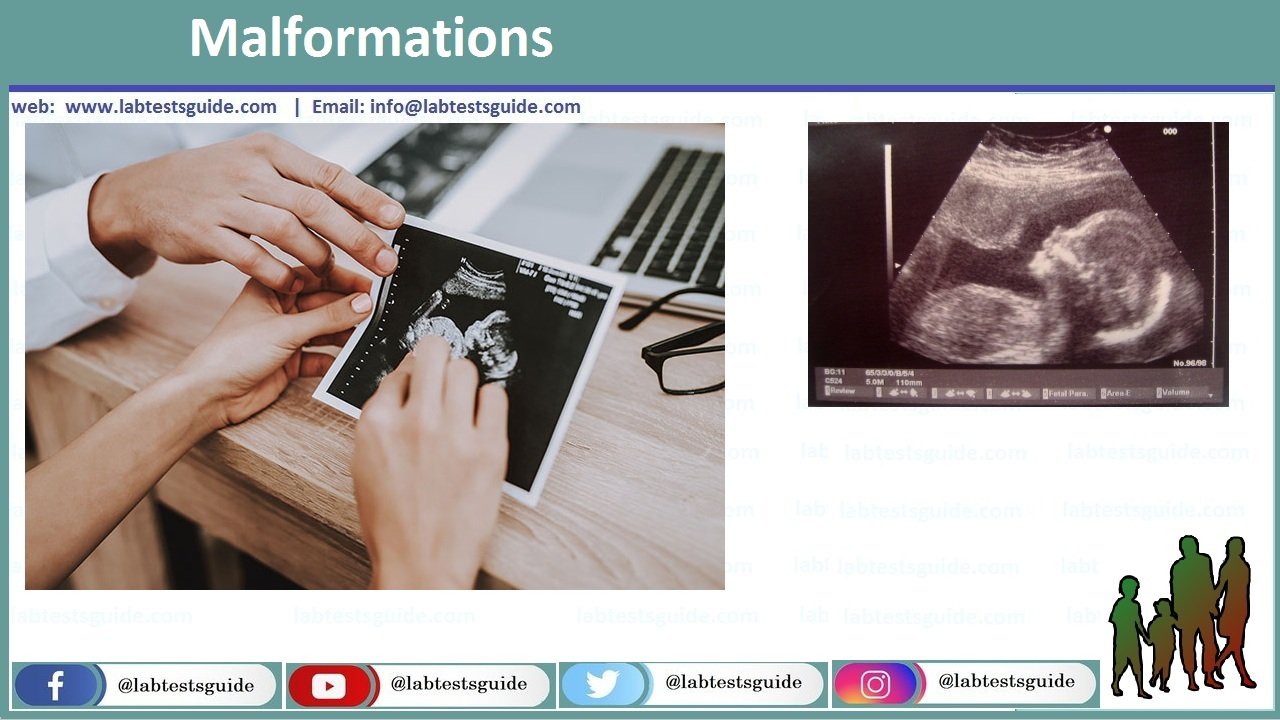Birth defects are generally classified as structural or functional and developmental.

Structural defects are when a specific part of the body is missing or poorly formed. The most common structural defects are:
- Heart defects
- Cleft lip or palate, when there’s an opening or split in the lip or roof of the mouth
- Spina bifida, when the spinal cord doesn’t develop properly
- Clubfoot, when the foot points inward instead of forward
Functional or developmental birth defects cause a part or system of the body to not work properly. These often cause intelligence or developmental disabilities. Functional or developmental birth defects include metabolic defects, sensory problems, and nervous system problems. Metabolic defects cause problems with the baby’s body chemistry.
The most common types of functional or developmental birth defects include:
- Down syndrome, which causes delay in physical and mental development
- sickle cell disease, which occurs when the red blood cells become misshapen
- cystic fibrosis, which damages the lungs and digestive system
Related Articles:
RSS Error: https://www.labtestsguide.com/category/glossary/feed is invalid XML, likely due to invalid characters. XML error: > required at line 662, column 16
RELATED POSTS
View all
